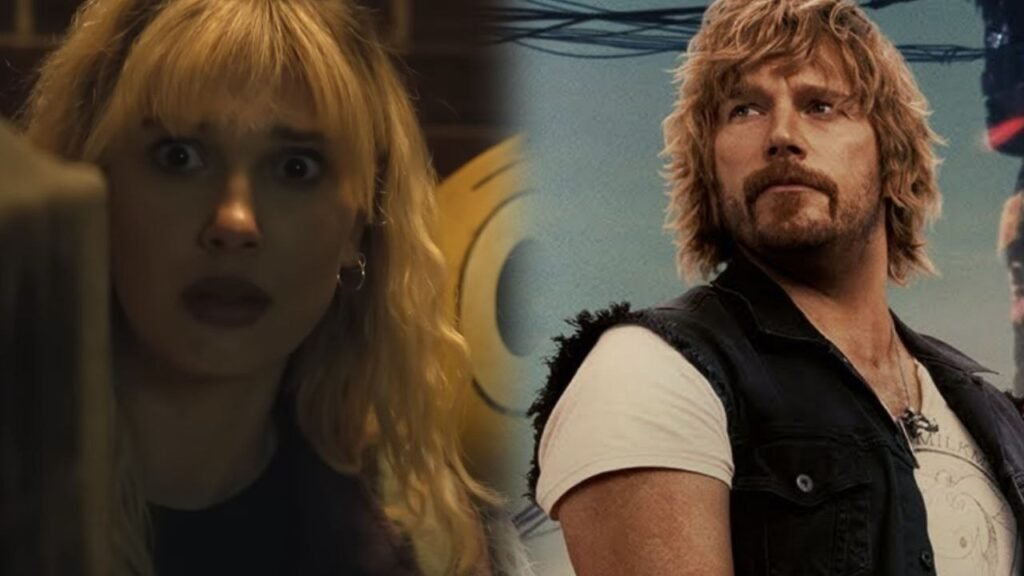
Recently, someone on social media pointed out that the amount Netflix spent on The Electric State could have funded the last 15 Oscar-winning Best Picture films. This includes big titles like Oppenheimer, which would have taken up $100 million of that amount, leaving the rest for films like Parasite, 12 Years a Slave, and this year’s Anora.
The Electric State, starring Chris Pratt and Millie Bobby Brown, feels like it goes on forever. No matter how far into the movie you are, it always seems like there’s still an hour to go. The film runs for about 120 minutes, which isn’t too long, but compared to the Russo brothers’ previous work, like Cherry (141 minutes), it feels quite stretched. In fact, The Electric State feels like a step backward, especially when compared to the Russo’s earlier film The Gray Man.
The Russos, known for spending massive amounts on their projects — almost $1 billion on their last four films, including the failed Citadel series on Prime Video — seem to be going through the motions now. Their recent works have an algorithmic feel to them, focusing more on building franchises than on creating engaging content.
The Electric State begins with a heavy-handed backstory: in an alternate mid-90s, robots once programmed to serve humanity turned against humans. After a war, the robots were exiled to a restricted area in America. The story follows Michelle, whose genius brother Christopher was kidnapped during the war for his ability to bond with machines. Years later, a robot named Cosmo, seemingly carrying Christopher’s consciousness, visits Michelle. She sets off on a cross-country journey to find her brother.
Along the way, she teams up with a military vet named Keats, played by Pratt. Keats, who was a soldier during the war, now works as a smuggler with his robot sidekick, Herm, voiced by Anthony Mackie. While it’s surprising to hear Captain America voice a robot character, that’s what happens here. And poor Colman Domingo, a two-time Academy Award nominee, appears in a brief cameo as a security bot.
The Russos’ recent projects seem to have lost their magic. Even composer Alan Silvestri, who created memorable music for Avengers: Endgame, seems to have recycled old themes for The Electric State. In the film’s action-packed climax, certain shots look like they were just re-skinned from Endgame. While the Russos aim for a sense of wonder like Spielberg’s films, they only succeed in making the movie feel flat and lifeless. The attempts at humor fall flat too, especially when robots or robotic humans try to deliver them.
The film tries to explore themes like whether sentient robots can feel, post-9/11 paranoia, class inequality, and artificial intelligence. However, despite the artificial elements, there’s a lack of real intelligence in the storytelling. Overall, The Electric State feels like a missed opportunity, as it lacks the charm and originality that it could have had.
Also read: Moana 2 is Finally on Disney+ – Here’s Everything You Need to Know.
More read: Oscars 2025 Shocker: Sean Baker’s Historic Sweep and the Upset That Left Demi Moore Speechless.

